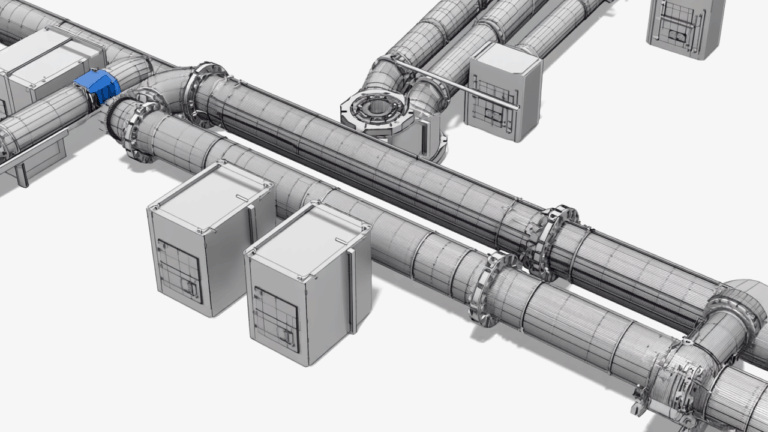
Data Science and Data Engineering
Introduction
In an era dominated by the digital revolution, data has emerged as the new oil, driving innovation and transformation across industries. Data Science and Data Engineering are at the forefront of this evolution, offering tools and methodologies that allow businesses to harness the power of information. These domains not only enhance decision-making processes but also pave the way for groundbreaking advancements in technology. As companies strive to remain competitive, understanding and implementing data-driven strategies becomes crucial. This article explores the significance of Data Science and Data Engineering, shedding light on their impact, applications, and future implications.

Key Points and Analysis
Data Science is a multidisciplinary field that involves extracting insights from structured and unstructured data through various techniques, including statistical analysis, machine learning, and data visualization. Meanwhile, Data Engineering focuses on building and maintaining the architecture that enables data collection, storage, and analysis. Both fields are interdependent, with Data Engineering providing the foundation for Data Science to operate effectively.
One of the key tools that has simplified the understanding and application of complex data models is NN-SVG. This software utility allows individuals to design neural networks using SVG (Scalable Vector Graphics) without needing extensive programming knowledge. By enabling the visualization of complex layers such as convolutional layers, fully connected networks, and recurrent units, NN-SVG demystifies neural networks, making them more accessible to a broader audience. This accessibility is vital as it encourages more people to engage with data-driven technologies, fostering innovation and creativity.
Industry Impact and Applications
The impact of Data Science and Data Engineering is far-reaching, influencing sectors such as healthcare, finance, retail, and more. In healthcare, predictive analytics powered by data science is transforming patient care, allowing for early diagnosis and personalized treatment plans. Financial institutions leverage data engineering to process vast amounts of transactional data, enhancing fraud detection and risk management.
Retail giants use data-driven insights to optimize supply chains, personalize marketing efforts, and improve customer experiences. The ability to analyze consumer behavior in real-time allows companies to adapt swiftly to market demands, ensuring sustained growth and competitiveness.
Moreover, the rise of artificial intelligence (AI) and machine learning (ML) has been fueled by advancements in Data Science and Data Engineering. Tools like NN-SVG play a crucial role in developing AI models by simplifying neural network design, thereby accelerating the development of intelligent systems.
Future Implications
As technology continues to advance, the future of Data Science and Data Engineering looks promising. The integration of AI and ML into everyday processes will only increase, driving demand for skilled professionals in these fields. The development of more intuitive tools like NN-SVG will further democratize access to data technologies, enabling more individuals and organizations to participate in the data-driven economy.
Moreover, as data privacy and security become increasingly important, data engineers will play a critical role in implementing robust systems that protect sensitive information. Ethical considerations will also come to the forefront, with data scientists tasked with ensuring that AI models are transparent, fair, and unbiased.

Conclusion
Data Science and Data Engineering are pivotal in shaping the future of technology and innovation. By harnessing the power of data, these fields offer unprecedented opportunities for businesses to thrive in a competitive landscape. Tools like NN-SVG exemplify the advancements in making complex technologies more accessible, fostering a culture of innovation. As we look to the future, the continued evolution of these domains will undoubtedly drive transformative changes across industries, making the world more connected, efficient, and intelligent.
aecenas sollicitudin purus id leo vehicula lacinia quam vulputate dapibus fermentum metus, nec euismod nulla dapibus nasac metus nunc rabitur euntum




